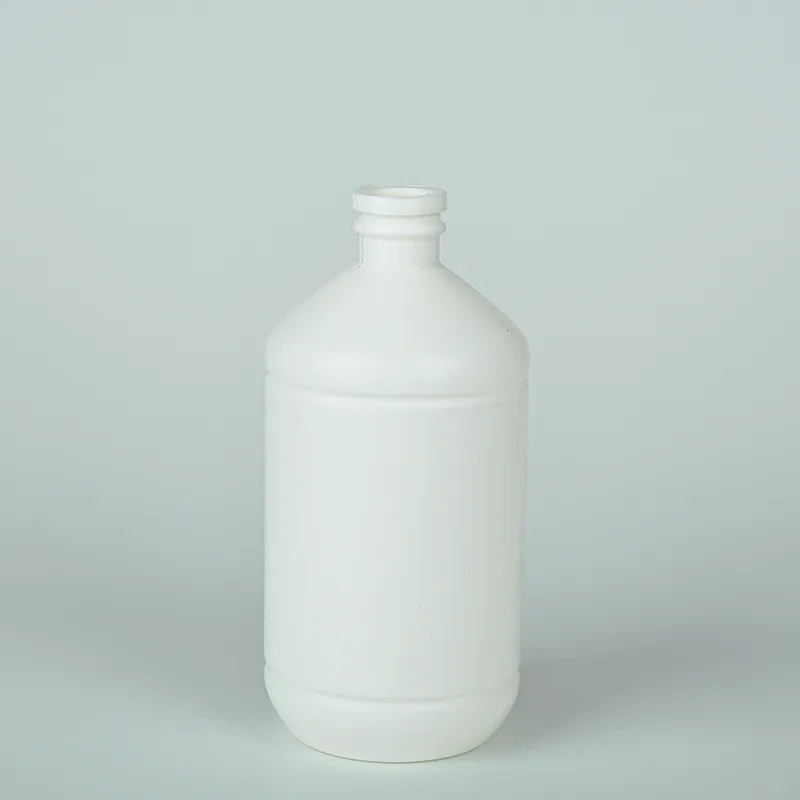https://www.wahmg.com/)">
homeschool science lab supplies
homeschool science lab supplies
Homeschool Science Lab Supplies Building a Miniature Laboratory at Home
In recent years, homeschooling has gained immense popularity as families seek personalized education opportunities for their children. One essential aspect of a well-rounded education is science, which allows students to explore the wonders of the world around them. To facilitate effective science learning at home, it's crucial to equip your home with the right science lab supplies. In this article, we'll explore the necessary supplies to create an engaging and safe science lab for your homeschool experience.
1. Basic Laboratory Equipment
The cornerstone of any science lab is the basic equipment that facilitates various experiments. Essential items include
- Beakers and Erlenmeyer Flasks These glass containers come in various sizes and are essential for holding liquids and mixing substances. They are available in transparent glass and plastic models, allowing for safe observation of chemical reactions.
- Test Tubes and Racks Test tubes are perfect for conducting small-scale experiments, while test tube racks provide a safe way to hold multiple tubes. Using these tools enables students to easily mix and observe different reactions.
- Graduated Cylinders These are crucial for measuring precise volumes of liquids, helping students understand measurement accuracy and unit conversions.
- Pipettes and Droppers Useful for transferring small amounts of liquid, these tools help teach students about precision in scientific measurements.
2. Safety Equipment
Safety should always be the top priority when conducting science experiments, especially at home. Make sure the following supplies are available
- Safety Goggles Protecting the eyes from splashes and chemicals is essential in any science lab. Invest in a good pair of safety goggles for every student participating in experiments.
- Lab Coats or Aprons Wearing protective clothing while conducting experiments prevents spills and stains on everyday clothes. Lab coats or durable aprons serve this purpose effectively.
- Gloves Latex or nitrile gloves offer protection against hazardous materials during experiments. Ensure that students understand the importance of wearing gloves when handling chemicals.
3. Chemical Reagents and Materials
homeschool science lab supplies

A variety of safe chemicals are needed for various experiments; however, it's essential to choose age-appropriate and non-toxic substances. Some common supplies include
- Baking Soda and Vinegar These household items are great for creating simple and safe chemical reactions that demonstrate concepts like acid-base reactions and gas production
.- Food Coloring and Cornstarch These materials can be used for vibrant experiments, including making slime or creating colorful density layers in liquids.
- Salt and Water These basic ingredients allow for experimenting with saturation, crystallization, and the basics of solutions.
4. Observation and Recording Tools
Scientific exploration goes hand-in-hand with observation and documentation. Consider adding the following supplies to your homeschooling science lab
- Notebooks and Journals Encourage students to document their experiments, observations, and conclusions. This practice not only reinforces learning but also develops their scientific writing skills.
- Cameras or Smartphones Using cameras to capture experiments or results can help them visualize their learning and allows for digital presentations of their work.
5. Additional Resources and Kits
To enhance the homeschooling experience, consider investing in science kits that offer structured experiments and detailed instructions. Many companies provide kits that cover a wide range of topics, from chemistry to physics, making it easier to conduct engaging hands-on activities.
Additionally, online resources, including educational websites and videos, can supplement hands-on experiments and provide students with a broader context for what they are learning.
Conclusion
Creating a successful science lab at home doesn't have to be overwhelming. By gathering the essential supplies and prioritizing safety, parents can foster a love of science and discovery in their children. Engaging hands-on experiments not only illuminate scientific principles but also foster critical thinking, curiosity, and a lifelong passion for learning. With the right setup, the home can become a mini-laboratory, opening the door to countless exploration and experimentation opportunities. Happy experimenting!
-
Wholesale Plastic Juice Bottles with Caps 16 oz Options Available Bulk Packaging SolutionsNewsJun.10,2025
-
Laboratory Apparatus Reagent Bottle – Durable & Chemical Resistant Bottles for Safe StorageNewsJun.10,2025
-
Squeezable Dropper Bottles Durable, Leak-Proof & CustomizableNewsMay.30,2025
-
Affordable Plastic Petri Plates Sterile & Disposable Lab-GradeNewsMay.30,2025
-
Eye Dropper Caps Precision 24/410 & Plastic Bottle-Compatible TipsNewsMay.30,2025
-
Affordable Mini Spray Bottle Price & Wholesale Deals Shop NowNewsMay.29,2025





















